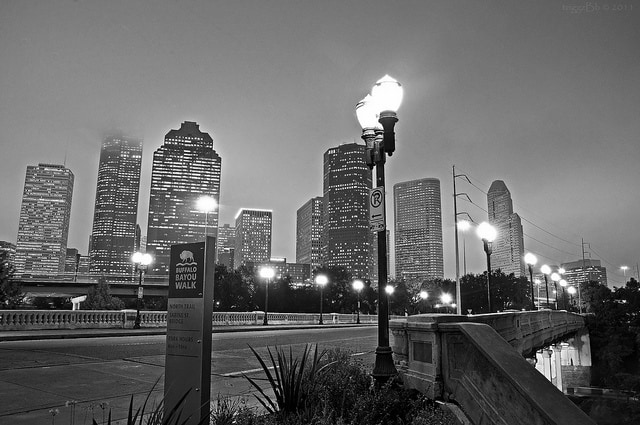
Is There a Difference Between Public Lewdness and Indecent Exposure?
One of the many goals of the Texas government and law enforcement is to maintain public peace and order. This includes laws and ordinances that prohibit certain kinds of behavior that are believed to be dangerous, obscene, or disturbing to the general public. Preventing small behaviors that violate the peace ensures that large-scale disturbances do not occur.
Public Lewdness and Indecent Exposure in Texas
One of the many goals of the Texas government and law enforcement is to maintain public peace and order. This includes laws and ordinances that prohibit certain kinds of behavior that are believed to be dangerous, obscene, or disturbing to the general public. Preventing small behaviors that violate the peace ensures that large-scale disturbances do not occur.
Two common offenses that disturb the public peace and order are known as public lewdness and indecent exposure. Although these two criminal offenses are similar, they are distinct in their definition. Engaging in behavior that violates the law in a public place can end in a trip to jail and criminal charges.
Public Lewdness vs Indecent Exposure
The Texas Penal Code prohibits and penalizes inappropriate conduct in a public place. Just as there are laws that prohibit intoxication in public, there are laws that make it illegal to engage in public nudity or public sexual activity.
The laws regarding public lewdness and indecent exposure are a great example of these kinds of prohibitions. There are a few key components when it comes to defining these two offenses.
According to Section 21.07 of the Texas Penal Code, public lewdness involves engaging in any of the following activities in a public place:
- Any act of sexual intercourse
- Any act of sexual contact
- Any type of sexual activity with an animal
Any of these listed behaviors can be met with arrest and criminal charges. Also, a person who engages in any of these acts while not in a public place may still face charges if he or she acts recklessly without regard for others who might see the activity and be offended.
For the purposes of this law, a public place is any location that is not in a private residence. If it’s not behind a closed door in a private residence, it may be considered a public place.
Section 21.08 of the Texas Penal Code defines indecent exposure as an act that involves a person exposing his or her anus or any part of their genitals:
- With the intent to arouse or gratify the sexual desire of any person
- With reckless disregard for whether another person may see the actions and be offended
The intent of the alleged perpetrator is important in cases of indecent exposure. For example, a person who urinates in public may not necessarily be guilty of this offense. However, a person who “flashes” strangers on the street may be picked up by the police and taken to the county jail.
Legal Penalties
Anyone who violates Texas laws regarding indecent exposure or public lewdness can expect serious punishment. First-time offenders may face jail time, and repeat offenders may have to deal with enhanced penalties.
For example, a charge of public lewdness in Texas is a Class A misdemeanor. This means that a conviction for this offense can be punished with:
- Up to one year in county jail
- Up to $4000 in fines
A first-time offense of indecent exposure is a Class B misdemeanor. This is the same penalty category as a first-time DWI offense, which is very serious. A person who is found guilty of this crime may face:
- Up to 180 days in county jail
- A fine of up to $2000
It’s important to note that both of these crimes are considered sexual offenses in the state of Texas. This means, in addition to jail time and fines, convicted offenders may have to undergo mandatory treatment or education classes. They may also have to face community supervision, community service, and possible restraining orders. Repeat offenders may even have to register as sex offenders if they continue to commit these kinds of crimes.
Legal Defenses
No one wants to go to court for a sexual offense in Texas, but sometimes that is necessary to protect the rights of the defendant. Hiring a defense attorney is the best way to construct a good legal defense in these types of cases.
For example, an attorney may be able to present a strong argument against the prosecution by arguing that the defendant had no criminal intent. A defense attorney may also be able to negotiate with the court for a plea bargain so that the defendant can receive a lighter sentence.
Navigating the law can be incredibly intimidating and difficult. If you have been charged with a crime, you need a lawyer who can dissect the case and defend your legal rights. Brett A. Podolsky is an aggressive criminal defense attorney who can help protect you. Contact his office today at 713-227-0087.
